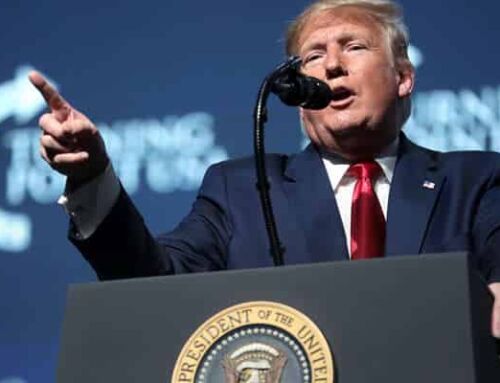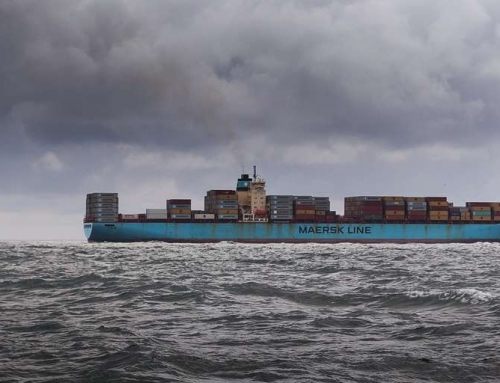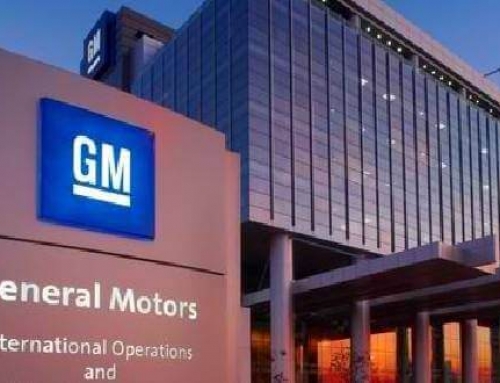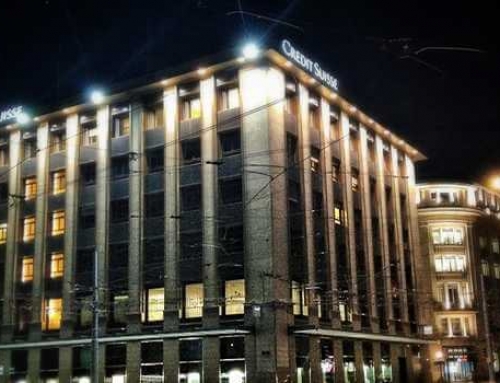‘Tis the season of shopping, and Praxair Inc. appeared to be feeling the holiday spirit early this week.
The Danbury, Connecticut-based industrial gas company announced its intentions to buy German competitor Linde for at least $35 billion on Tuesday, a move that would place it among the most valuable mergers of 2016.
The deal isn’t likely to reach completion by year’s end: The companies expect to seal the deal “in the coming months,” according to a Praxair news release.
Read on for the biggest mergers of 2016, in which companies cleared regulatory hurdles and finished the job for a combined estimated worth of about $208 billion in deals.
Bayer AG and Monsanto Company ($66 billion)
Another marriage of American (Monsanto) and German (Bayer) interests, the two agrochemical companies completed the year’s largest merger in September after Bayer, the maker of aspirin, made an initial offer of $62 billion in May.
Shire PLC and Baxalta Inc. ($32 billion)
U.S. biotech company Baxalta officially became a part of the Dublin, Ireland-based Shire PLC, a pharmaceutical company registered in the U.K., in June.
SoftBank Group Corp. and ARM Holdings PLC ($32 billion)
The Japanese telecommunications conglomerate made the Cambridge, U.K.-based ARM Holdings, a semiconductor and software designer, its sixth subsidiary in September. The move forced the London Stock Exchange to drop the acquired firm from its list of publicly-traded companies.
Protection 1 and ADT Security Services ($15 billion)
After Apollo Global Management bought ADT for about $7 billion in February, the private equity firm completed a merger of its new security subsidiary with another, Protection 1, just three months later.
Johnson Controls Inc. and Tyco International PLC (estimated $14-16.5 billion)
The Wall Street Journal estimated the value of the transaction to be $14 billion, while Reuters pegged the price at $16.5 billion. Either way, the deal between electronics supplier Johnson Controls and security firm Tyco, which was announced in January and closed in September, spurred criticism by allowing the former to enjoy significant tax cuts by shedding its U.S. citizenship.
Marriott International and Starwood Hotels & Resorts ($13.6 billion)
Users of rewards programs at each of the hotel chains were able to benefit from this merger, which was completed at the end of September, by linking their membership accounts and receiving perks from both loyalty programs.
TransCanada Corporation and Columbia Pipeline Group ($13 billion)
The Calgary, Alberta-based TransCanada, which is behind the controversial Keystone XL pipeline project, completed its acquisition of U.S.-based fellow pipeline owner and operator Columbia in July.
Fortis Inc. and ITC Holdings Corp. ($11.3 billion)
Electric company Fortis, based in Labrador, Canada and St. John’s, Newfoundland, announced its plans to ITC, a Detroit electric utility operator, for $6.9 billion in February before nearly doubling that amount when it sealed the deal in mid-October.
Quintiles International and IMS Health ($8.9 billion)
A Durham, North Carolina-based Big Pharma multinational, Quintiles issued $1.5 billion in debt to complete its acquisition of Danbury, Connecticut-based healthcare services and technology firm IMS Health in early October.







